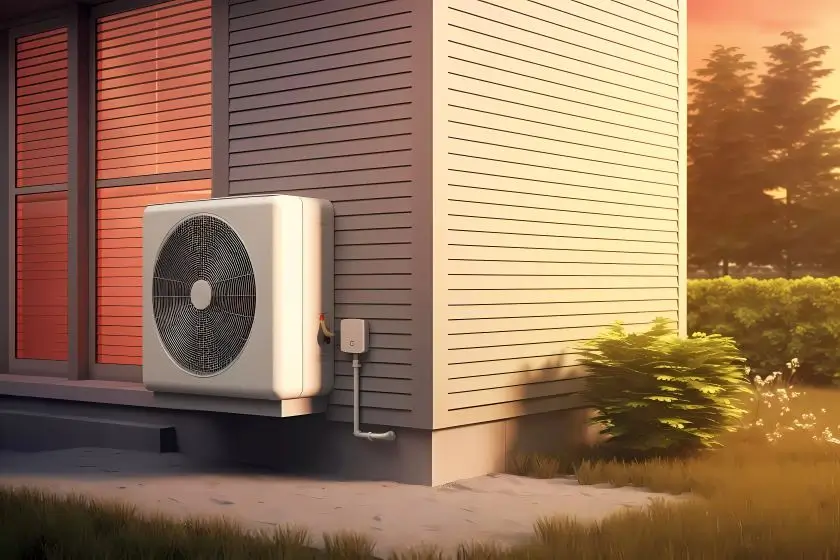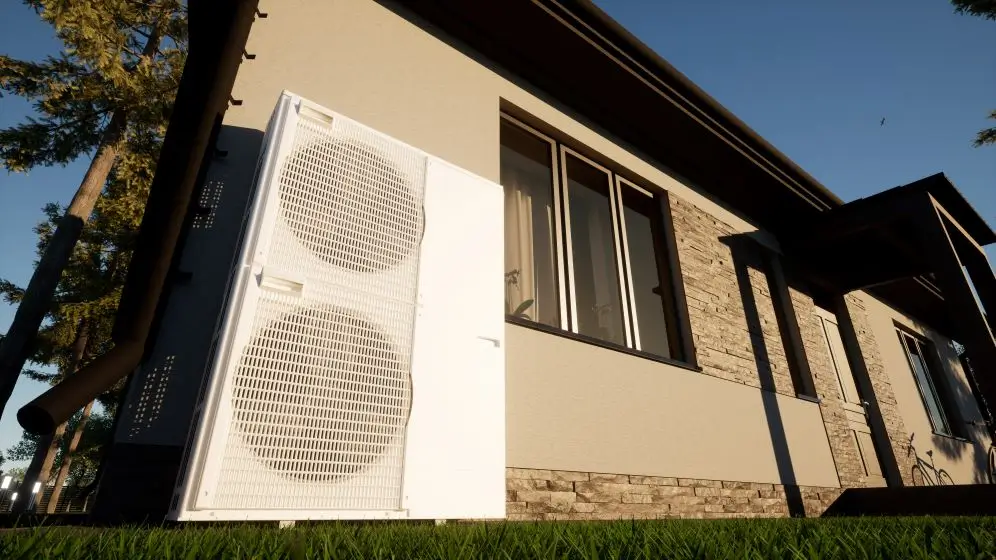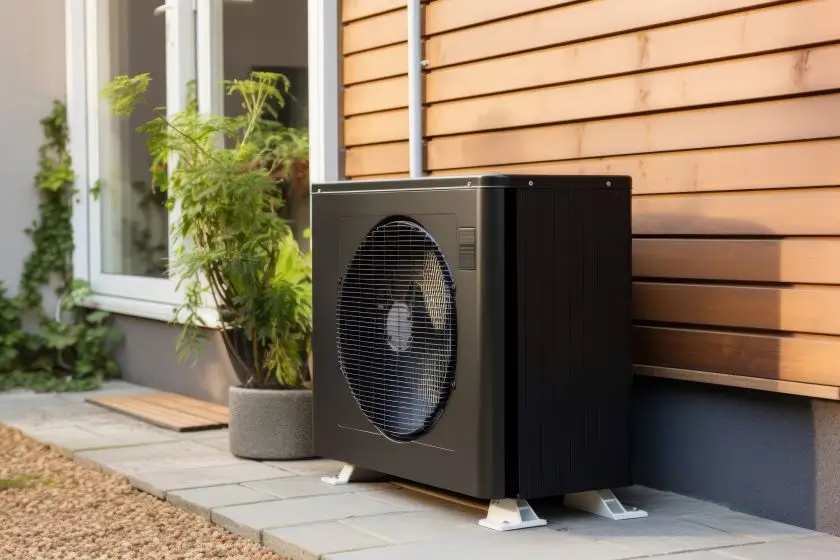In terms of sustainable living and energy efficiency, air-source heat pumps have emerged as a game-changing technology that is changing the way we heat and cool our houses. Consider a system that may gather heat from the outside air in the winter to keep your house warm and reverse the process in the summer to deliver pleasant coolness—all while dramatically lowering your carbon footprint and energy expenditures.
This will help you know the several advantages of installing air-source heat pumps in your house, examining how this innovative heating and cooling solution not only improves comfort but also contributes to environmental conservation.
Be one on this journey into the intriguing world of air-source heat pumps, where innovation meets eco-consciousness to create a greener tomorrow in the comfort of your own home. Contact Air Source Heat Pump Installers Leeds now for your installation process.
What exactly is an air-source heat pump?

An air source heat pump is a novel heating system that takes heat from the outside air and transfers it inside your home to offer heating in the winter. Air-source heat pumps are more energy efficient and environmentally friendly than traditional heating systems like furnaces and boilers. They function by absorbing heat from the outside air, even at temperatures as low as -15 °C, making them suitable for usage in a variety of climates.
One of the main advantages of air-source heat pumps is their ability to switch between heating and cooling, making them a year-round solution for maintaining acceptable indoor temperatures. They require less maintenance than other types of HVAC systems, resulting in lower long-term expenses and inconveniences for homeowners.
With technological improvements and a growing awareness of environmental sustainability, air-source heat pumps are poised to become a popular choice for efficient home heating and cooling.
Advantages of Air Source Heat Pumps
1. Energy efficiency and cost-savings
One of the most attractive advantages of air-source heat pumps is their high energy efficiency, which translates into significant cost savings for homeowners. Unlike traditional heating systems that use fossil fuels, air-source heat pumps take heat from the outside air and efficiently transport it into your home. This procedure uses less electricity than producing heat from scratch, resulting in lower monthly energy expenditures without losing comfort.
RELATED: Types of Heat Pumps: A Comprehensive Guide
Investing in an air-source heat pump not only lowers your environmental impact but also prepares your home for growing energy prices. As utility costs rise and climate change issues become more pressing, embracing this eco-friendly technology offers a win-win solution for both the wallet and the earth. By utilising renewable energy sources such as outside air, households can achieve long-term financial savings while making proactive efforts toward sustainability in their daily lives.
2. Eco-friendly heating solution

Switching to an environmentally friendly heating option, such as air-source heat pumps, not only helps to cut carbon emissions but also dramatically reduces energy costs. These heat pumps provide a sustainable and efficient solution to keep your home warm throughout the cooler months by capturing renewable energy from the surrounding air. Furthermore, air-source heat pumps are easier to install and require less maintenance than traditional heating systems.
Air-source heat pumps allow homeowners to take control of their energy consumption and lower their overall carbon footprint. As technology advances and people become more aware of environmental issues,
they are increasingly choosing eco-friendly heating options such as air-source heat pumps. Not only does this option help the environment, but it can also increase the value of your property by making it more appealing to potential purchasers who value sustainability in their homes.
3. Heating and cooling throughout the year
Air-source heat pumps provide year-round heating and cooling, which is a game changer for households looking for effective temperature management. These systems provide year-round comfort, automatically responding to both warm and cold weather. Air-source heat pumps keep your home warm even in cold weather by harnessing heat from the air. This adaptability not only improves comfort but also lowers energy consumption, resulting in a more sustainable living environment.
Its capacity to perform well in a variety of climates is very useful in areas with changing weather patterns. With the capacity to efficiently heat and cool your house, these systems provide a cost-effective solution that guarantees you stay comfortable regardless of the outside circumstances.
This dual capability eliminates the need for separate heating and cooling systems, which simplifies maintenance and lowers total operating costs. Using air-source heat pumps to provide year-round heating and cooling is a sustainable approach to modern household management that prioritises both comfort and efficiency.
Conclusion
Air-source heat pumps provide numerous benefits to homes seeking to increase the efficiency and sustainability of their heating and cooling systems. These systems provide a cost-effective and environmentally beneficial alternative for maintaining a comfortable interior climate, resulting in lower energy bills and lower carbon emissions.
In addition, the versatility and ease of installation make air-source heat pumps an attractive option for both new construction and existing residences. By investing in this technology, homes can benefit from enhanced comfort, fewer operating expenses, and a smaller environmental footprint. Consider installing an air-source heat pump as the first step toward a more sustainable home.



